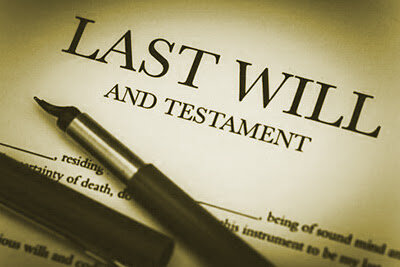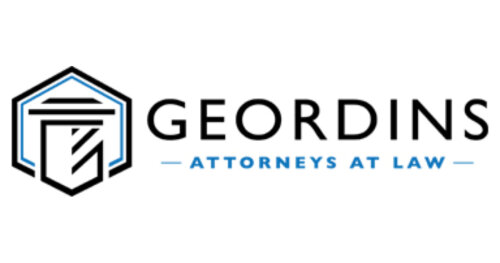Best Child Abuse Lawyers in Turks and Caicos Islands
Share your needs with us, get contacted by law firms.
Free. Takes 2 min.
Free Guide to Hiring a Family Lawyer
Or refine your search by selecting a city:
List of the best lawyers in Turks and Caicos Islands
About Child Abuse Law in Turks and Caicos Islands:
Child abuse is a serious issue in Turks and Caicos Islands. It is defined as any act or failure to act that results in harm, potential harm, or threat of harm to a child. This can include physical abuse, emotional abuse, sexual abuse, neglect, or exploitation. Child abuse laws in the Turks and Caicos Islands aim to protect children from harm and hold perpetrators accountable for their actions.
Why You May Need a Lawyer:
If you suspect that a child is being abused or if you have been accused of child abuse, it is important to seek legal representation. A lawyer can help you understand your rights, navigate the legal system, and ensure that the best interests of the child are protected. They can also provide advice on reporting abuse, filing for protection orders, and representing you in court proceedings.
Local Laws Overview:
The Child Protection and Welfare Ordinance is the main legislation that governs child abuse in the Turks and Caicos Islands. This law outlines the responsibilities of caregivers, professionals, and government agencies in safeguarding children from abuse. It also establishes procedures for reporting suspected child abuse, investigating allegations, and providing protection and support to victims.
Frequently Asked Questions:
What should I do if I suspect a child is being abused?
If you suspect that a child is being abused, you should report your concerns to the Department of Social Development and Family Services or the Royal Turks and Caicos Islands Police Force immediately.
What are the signs of child abuse?
Signs of child abuse can vary depending on the type of abuse, but common indicators include unexplained injuries, sudden changes in behavior, fear of certain individuals, and poor hygiene.
Can I be held liable for failing to report child abuse?
Under the law, certain professionals, such as teachers and healthcare workers, are mandated reporters and are required to report suspected child abuse. Failing to report abuse can result in legal consequences.
How can a lawyer help me if I have been accused of child abuse?
A lawyer can provide legal advice, represent you in court proceedings, and help you build a defense against the allegations. They can also help you navigate the legal system and protect your rights.
What support services are available for child abuse victims in Turks and Caicos Islands?
Victims of child abuse in the Turks and Caicos Islands can access support services through the Department of Social Development and Family Services, including counseling, medical care, and safe housing.
What are the penalties for child abuse in Turks and Caicos Islands?
The penalties for child abuse in Turks and Caicos Islands vary depending on the severity of the abuse and the circumstances of the case. Perpetrators can face criminal charges, fines, imprisonment, and restrictions on contact with children.
Additional Resources:
If you need legal advice or support related to child abuse, you can contact the Department of Social Development and Family Services, the Royal Turks and Caicos Islands Police Force, or local organizations such as the Turks and Caicos Women’s Resource Centre.
Next Steps:
If you require legal assistance in child abuse cases in the Turks and Caicos Islands, it is important to consult with a qualified lawyer who is experienced in this area of law. They can provide personalized guidance and advocate on your behalf to ensure that the best interests of the child are protected.
Lawzana helps you find the best lawyers and law firms in Turks and Caicos Islands through a curated and pre-screened list of qualified legal professionals. Our platform offers rankings and detailed profiles of attorneys and law firms, allowing you to compare based on practice areas, including Child Abuse, experience, and client feedback.
Each profile includes a description of the firm's areas of practice, client reviews, team members and partners, year of establishment, spoken languages, office locations, contact information, social media presence, and any published articles or resources. Most firms on our platform speak English and are experienced in both local and international legal matters.
Get a quote from top-rated law firms in Turks and Caicos Islands — quickly, securely, and without unnecessary hassle.
Disclaimer:
The information provided on this page is for general informational purposes only and does not constitute legal advice. While we strive to ensure the accuracy and relevance of the content, legal information may change over time, and interpretations of the law can vary. You should always consult with a qualified legal professional for advice specific to your situation.
We disclaim all liability for actions taken or not taken based on the content of this page. If you believe any information is incorrect or outdated, please contact us, and we will review and update it where appropriate.
Browse child abuse law firms by city in Turks and Caicos Islands
Refine your search by selecting a city.










